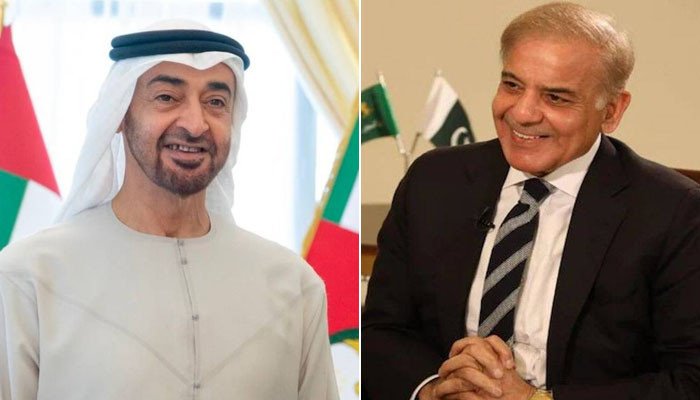On April 24, 2024, Sheikh Mohamed bin Zayed Al Nahyan, President of the United Arab Emirates (UAE), engaged in a phone conversation with Pedro Sanchez, Prime Minister of Spain. The discussion centered on two key areas: strengthening bilateral ties between the UAE and Spain, and addressing pressing regional concerns, particularly the precarious situation in the Middle East.
The leaders expressed a mutual desire to bolster cooperation across various sectors, aiming to benefit both nations. Specific areas for collaboration were not disclosed, but the UAE and Spain have a history of successful partnerships in renewable energy, tourism, and trade.
The phone call delved into the complexities of the Middle East, where the risk of escalation threatens regional stability. Sheikh Mohamed and Prime Minister Sanchez acknowledged the urgency of de-escalation, specifically calling for an immediate ceasefire in the Gaza Strip. This ceasefire, they stressed, is crucial to alleviate the suffering of Gaza's residents and prevent a further worsening of the ongoing humanitarian crisis.
The UAE has recently emphasized its commitment to regional peace efforts. Earlier in April, Sheikh Mohamed held discussions with UN Secretary-General Antonio Guterres, underlining the UAE's support for international efforts to achieve a lasting peace solution. Spain, a member of the European Union, has also historically advocated for peaceful resolutions to regional conflicts.
The specific details of the leaders' proposed approach to achieving peace in the Middle East remain undisclosed. However, their shared emphasis on de-escalation and humanitarian concerns suggests a potential convergence in their diplomatic strategies.
Beyond the immediate crisis in the Gaza Strip, the phone call likely encompassed broader discussions on regional security challenges. The UAE and Spain share an interest in maintaining stability in the Middle East, a region critical for global energy supplies and international trade.
The leaders' conversation serves as a reminder of the UAE's growing role as a regional mediator. The country's diplomatic efforts, coupled with its economic clout, position it as a significant player in shaping the future of the Middle East. Spain, with its established diplomatic ties and commitment to multilateralism, can potentially play a complementary role in supporting regional peace initiatives.
While the full extent of the UAE and Spain's planned collaboration remains to be seen, their leaders' willingness to engage in dialogue on both bilateral and regional issues holds promise for fostering a more secure and prosperous Middle East.

